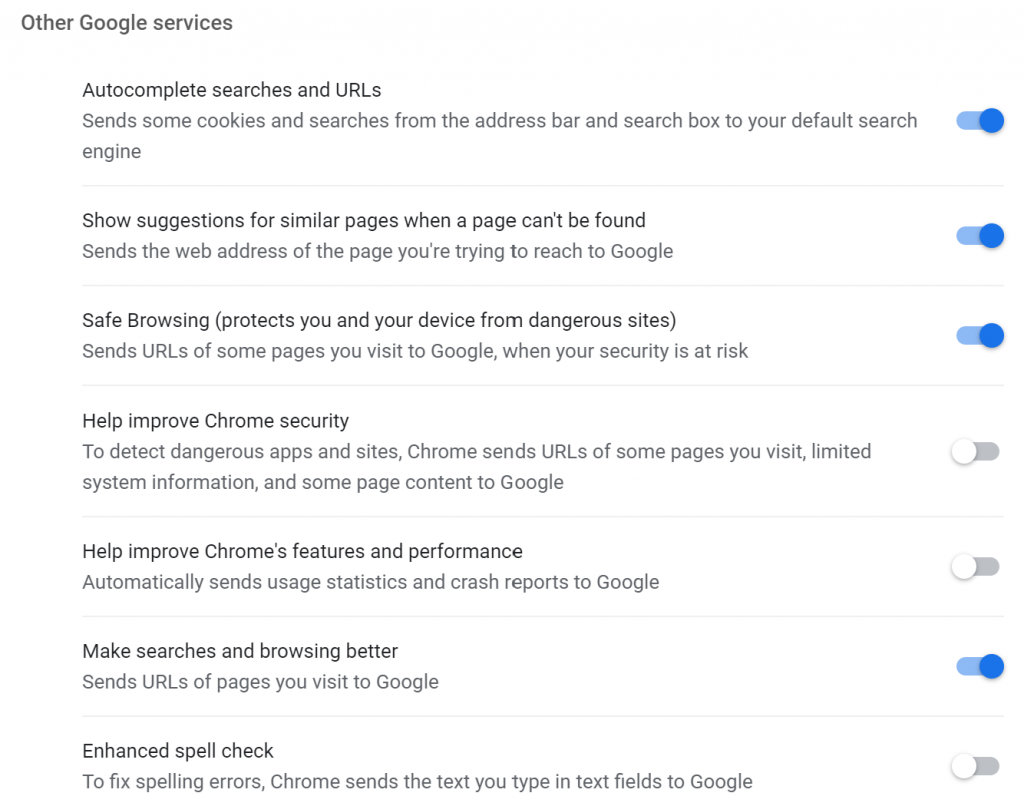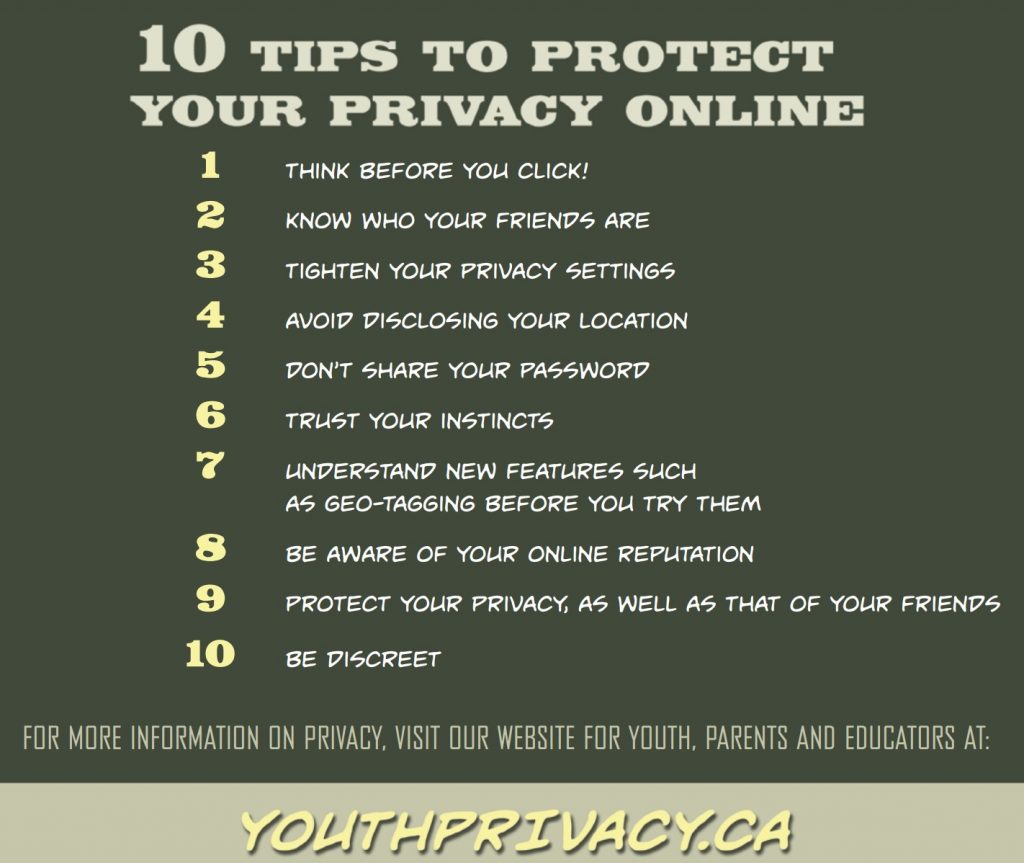“Someone really wanted the bike”by Moff is licensed under CC BY-NC-SA 2.0
FIPPA, digital literacy, security, privacy……and build a social network and digital presence online.
Was it a coincidence that I had two classes talk about digital security within a week of each other, or is this something I should start to be more aware of.
Jessie Miller, @MediatedReality, https://www.mediatedreality.com/ talked about the importance of helping students navigate the online world, while being aware of their identity and security. He also mentioned how teachers and adults need to be aware of this, in fact, Jessie stated that the target of a lot of these scams fall to adults, not children. “More than $22.5 million lost to romance scams in 2018” according to the RCMP. These scams are getting more sophisticated, where scammers are leveraging technology to allow targets to feel that they are official. “RCMP warn of CRA scam that that uses local RCMP number to make person think call is legit.”
Josh Barks, a student working on his M. Ed with me, also presented on student data privacy. He informed us why Canada, and specifically BC, have laws that are designed to protect our students online identity, such as FIPPA (Freedom of Information and Protection of Privacy Act). Information can be found at the Office of the Information and Privacy Commissioner for British Columbia. They provide a Guide to Access and Privacy Protection under FIPPA.
One, of many issues, that I was unaware of is the issue of routing. I made the assumption that my secure data, routed around the world, would not really be a problem. I did not know that the US has no laws protecting international citizens regarding their personal information or digital security. For a quick reality check, watch this video:
https://privacyinternational.org/video/1623/video-what-data-protection
I think of my personal life. I turn my location sharing data on my phone, I use Google Home, Google Maps, location awareness within Google Assistant, etc. Historically I have been comfortable with the level of access that I have given Google. I have always thought that the price that I am paying for convenience and custom recommendations trumps my personal privacy. I have also created a parent approved Gmail account for my daughter, and have walked her through programming our Google Home to recognize her voice so that it can respond specifically to her.
Google just reported that their technicians are able to listen to our recorded requests through Google for quality assurance purposes. “Yep, human workers are listening to recordings from Google Assistant , too.” Reading through the article, it appears that a portion of the recordings happen by accident, not when Google “hears” it’s normal prompt, “OK Google.”

When this story first broke, my initial thought was, “Of course, they need to listen to our requests to make sure that the Machine Learning is responding to needs appropriately.” Now that I have sat through, and read various articles, on digital security, I am starting to question this level of access. Maybe this is something that we should be opting into, as opposed to just happening. How many people green light the usage statistic report that Google, and most apps/programs, request upon installation (see the screen shot of my Google Chrome settings)?
So, where am I at this point? I have given Google a lot of personal information about myself, I have allowed Google to record and listen to my daughter’s individual voice, and Google knows who her parents and grandparents are (we set that up in her account so she can call whenever she wants). Google also knows her face, and my face (Google Photos).
I am considering leveraging Twitter to build up a professional learning hub, have actually setup my Twitter account, and added a whole slew of people. I am not sure how this fits into my life, but it does further send me down this rabbit whole. I have managed to have a minimal footprint on Facebook, mainly because the sharing of personal details with acquaintances always made me uncomfortable. Twitter seems to have an extra layer of privacy between different users, mainly because I can avoid putting a lot of personal information on it.
I am building my digital footprint. I think my biggest take away is I need to be more purposeful behind the digital choices I make.
Now I have to think of this from a professional standpoint. We (I) signed all of the students of our district up for a math program. We (I) did not look to see what the privacy rules of the Northwest Territories are, or ensure that we do not have any rules, such as FIPPA, that prevent us from storing people’s data on a non-Canadian network. We(I) did not send out a blanket permission form to everyone’s parents. My only comfort at this point is that the only information I provided the program with was name, grade, and student number.
I also took it upon myself to create a Google Classroom (a few years ago) for my students. Each student signed themselves up, and it went smooth. I never sent out parent permission forms, informed the students about digital privacy, or really did anything other than have them use it. I can’t even remember if I gave them the choice, or if they had to use it to access course content.
I did not consider the privacy of my students, their digital footprint, or privacy in either of these scenarios. I have also seena lot of teachers sign their students up for online programs and apps, some which have students interacting with other students outside of Canada. I am now questioning the ethics behind all of this, and will at least be more aware and considerate.
In the end, I am unsure where I sit regarding my comfort level with digital privacy. I know that I will not be as open to signing students up for online things in the future, and will probably question my digital footprint to a higher level. I think it falls up to the individual to decide what is best for them, once you are at an appropriate age to make that decision. For students, the best thing we can probably do is educate them and make them more aware of the impacts that having a digital footprint can have on their lives. This was the message that Jessie Miller presented and I think that it is a strong one.
What we can do is follow these steps, from the Office of the Privacy Commissioner of Canada:


2019-07-16 at 10:18 pm
I find it so interesting that the 10 Tips to Protect Your Privacy Online poster are things that, without the technology lens, we would teach and expect others to do anyway – Think before you click (or act); Know who your friends are; Trust your instincts. It amazes me that the “fun” part of technology seems to be an excuse or an invitation to let our guard down.